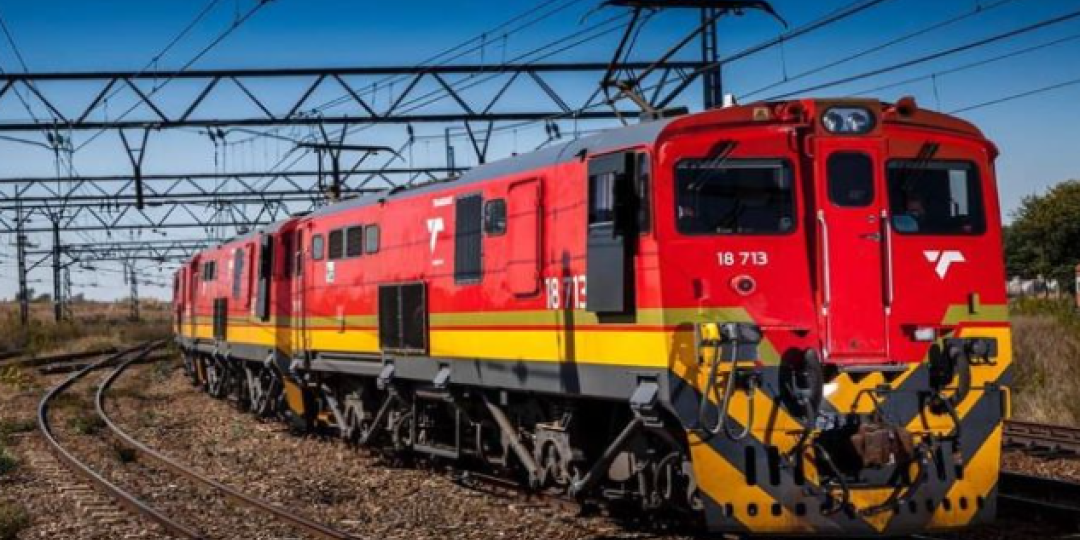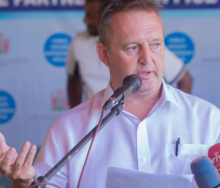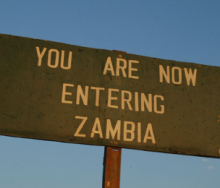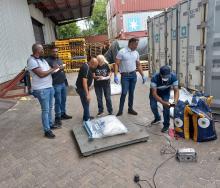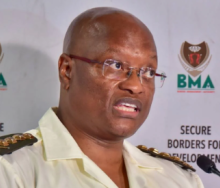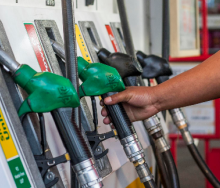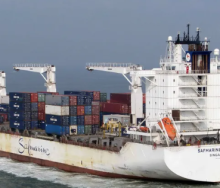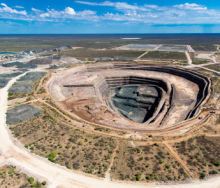The Road Freight Association (RFA) has called for a thorough investigation into what caused the collision of two trains on the coal line at Elubana on the KwaZulu Natal North Coast.
Chief executive Gavin Kelly said the RFA had noted, with concern the collision of the two Transnet Freight Rail trains on Sunday, especially regarding several media reports that the incident had been caused by an electricity blackout or load shedding in the Richards Bay area.
The trains collided, allegedly after an outgoing staff shift failed to alert the incoming shift that there was a stationary train on the line following a power outage.
“Whilst everyone, including the association, is thankful that there are no reports of fatalities or serious injuries, that doesn't mean that there shouldn’t be an investigation into why the incident occurred,” Kelly said.
“What is important is that the vulnerability of this line is underscored by this incident, and it brings into sharp review inherent risks of outdated manual systems for operation control, and of course, the disruption to the flow of orders to the port.”
“There have been reports in some media that load shedding is to blame for the incident.
“While it is not quite clear how that would bring about this collision, and the RFA does not have the information as to what exactly caused the incident, this is cause for concern.”
Kelly said the derailment will take some time to clear, and this would put pressure on the movement of trucks along the road to the harbour.
“A thorough investigation needs to be done as to what caused this and what sort of damage is caused to the line and direct systems like power supply and signalling.
“But more importantly, how can we prevent this from happening again?
“If this has been caused by something like load shedding, there needs to be steps taken to ensure that there's a continuous sustainable electricity supply to the line to make sure this does not happen again,” Kelly said.
TFR said on Sunday night that it had launched an investigation into the collision.
However, it had not responded to requests for further comment regarding the cause of the crash at the time of publication.
Kelly added that it is vital that key logistical networks – road, rail ports and airports – must remain operationally efficient, reliable and sustainable at a level that allows businesses and the country to generate the revenue to remain globally competitive.
Following Kelly’s comments, TFR has said it is “pleased to announce that the recovery efforts to restore operations on the coal expert line are progressing smoothly.
“Industry is working with TFR to assist in the repair outside Richards Bay on the kwaZulu- Natal North Coast.
“The line will be handed over to Rail Network to rebuild the track later today, and an Estimated Time of Restoration (ETR) will be shared.
“All stakeholders are being kept informed.”
In the meantime, questions are being raised as to regular incidents of derailment and network disruption on TFR’s bulk lines, especially to the Port of Richards Bay.
In October 2021, a mysterious fire put a conveyor belt system carrying commodities to the port out of action.
That belt was only recently restored, supporting efforts by Transnet to ramp up rail loads to the Navitrade tippler facility immediately adjacent to the port precinct.
Such a development could significantly decrease the demand for the road freight of coal from Mpumalnaga’s collieries to the port.
As was the case with the conveyor belt fire, private sector sources are saying that sabotage should not be ruled out.
